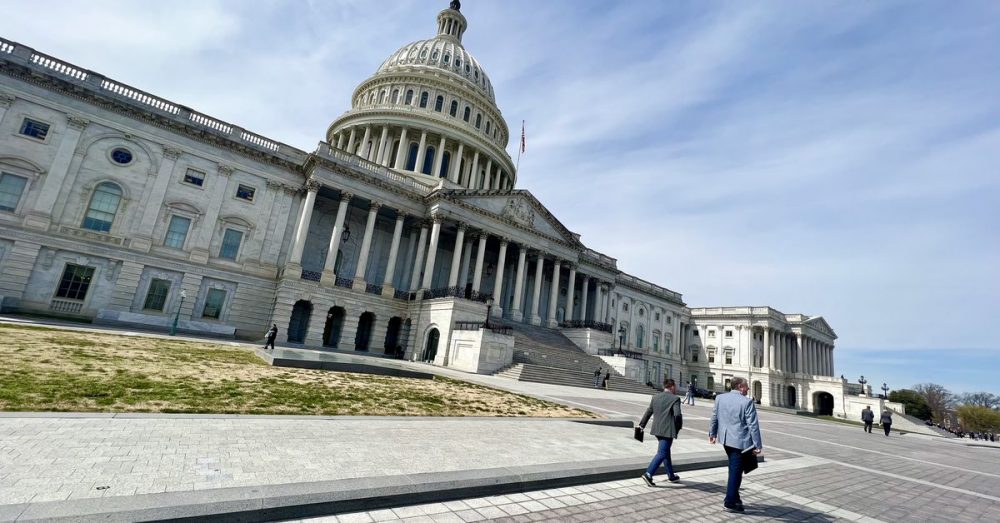House Democrats are considering their own version of a long-anticipated stablecoin bill, a person familiar with the situation told CoinDesk, but their views demonstrate a substantial rift with a parallel Republican effort.
The proposal, a successor to a version spearheaded by Reps. Maxine Waters (D-Calif.) and Patrick McHenry (R-N.C.) last year, comes weeks after Waters said lawmakers need to start from scratch on legislation addressing this corner of the crypto market.
Republicans on the House Financial Services Committee had moved ahead on a new draft of a stablecoin bill in recent weeks, but it was greeted with frustration by the panel’s Democrats, including Rep. Maxine Waters (D-Calif.), the committee’s senior Democrat. She’d publicly complained that the effort was done without Democratic involvement and that the lawmakers should be starting over.
A bill to address stablecoins — tokens tied to steady assets such as the dollar that are widely used in crypto markets for trading in and out of more volatile coins — has been a top priority of U.S. lawmakers seeking to get a handle on crypto oversight. The House committee’s leaders had neared a compromise version last year, but they didn’t manage to introduce it. It finally saw the light of day ahead of a hearing on the issue last month.
It’s that document that the committee’s leaders are now pulling in different directions.
When Republicans on the committee released a discussion draft that included some of their most recent ideas, it gave strong authority to the states to continue regulating stablecoin issuers. But the Democrats’ version would give the Federal Reserve up-front veto power over the registration of those issuers – a point that’s sure to be contentious in the ongoing debate.
According to the person familiar, the new Democrat version of the bill has a greater focus on consumer protection issues and would not allow non-bank stablecoin issuers to tap Federal Reserve programs.
Both efforts share common ground in defining “payment stablecoins” as a specific classification of the digital asset type. The Democrat proposal also continues to call for a moratorium on algorithmic stablecoins, a stipulation that the Republican counterpart dropped.
Recommended for you:
- First Mover Americas: Betting Against Bitcoin Was Popular Move Last Week
- Setting a Standard for Global Regulation of Crypto
- Immutable and Polygon Labs Team Up to Expand the Web3 Gaming Ecosystem
The committee is set to hold another hearing May 18 on stablecoins legislation, making four crypto hearings for the panel in a month.
Last year’s legislative effort was reportedly close to the finish line, though committee members had expressed frustration that McHenry and Waters weren’t taking their input. These separate versions pushed by each party are addressing some of the points raised by those other members, but it’s potentially leaving the two sides separated by a wider policy gulf.







